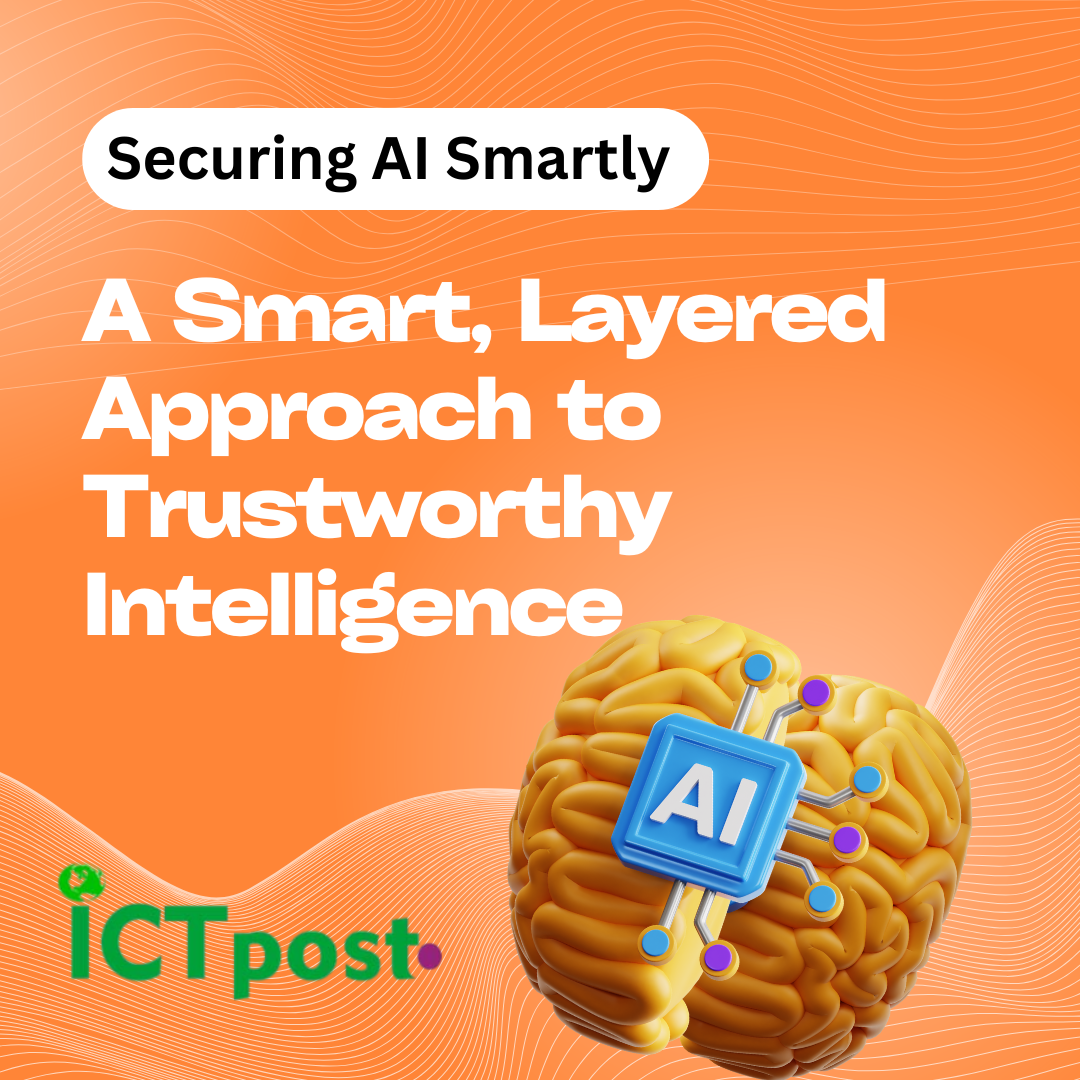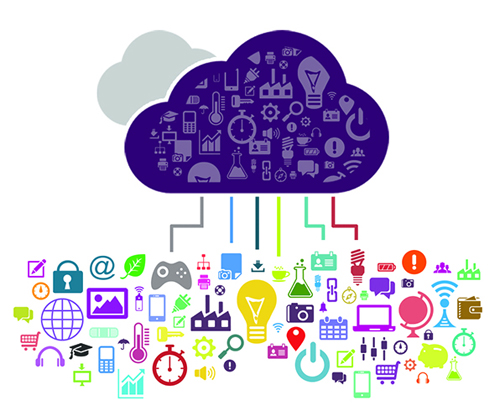By Dhirendra Pratap Singh
Generative AI is bringing high-quality services and offerings within the reach of all people, making them reap the benefits of an innovative, inclusive, and tech-backed experience.
Generative AI has the potential to trim the fat from traditional healthcare scene in India. Skyrocketing costs, inefficiencies in drug development and healthcare delivery are all being addressed through Generative AI.
AI has been used in hospitals by medical practitioners and for general public healthcare purposes for many years, even outbreak of Covid19 was first identified by a Canadian AI startup called Blue Dot. Generative AI has the capacity to generate, analyze, and interpret complex data significantly contributes to advancing healthcare, making processes more efficient, accurate, and personalized.
What is Generative AI?
Generative AI is a new subset of artificial intelligence including algorithms that look for patterns and structures in the sample dataset and then try to create something similar.
It’s creative from our human perspective because they create something new but all they do it with patterns and structures in a huge amount of data to be able to create new that’s why it’s called generativity it creates new things.
We’ve seen this in the form of Chat GPT, BARD AI or in the form of Dall.E2. Generative AI in healthcare continues to evolve, driven by ongoing advancements in technology and research.
What type of AI model is used for Generative AI?
Generative AI models use neural networks to identify the patterns and structures within existing data to generate new and original content. One of the breakthroughs with generative AI models is the ability to leverage different learning approaches, including unsupervised or semi-supervised learning for training.
The unique power of Generative AI is that it not only complements human skills but significantly expands the scope of human activity.
How can large language models ie. LLM be used in healthcare?
Consider the routine management of heart disease or diabetes. Large language models that provide daily recommendations for these conditions can offer patients continuous guidance to improve disease management and outcomes.
Challenges in Indian healthcare
The Lancet report says that India has very poor Healthcare Access and Quality Index, even it’s behind Bangladesh and Sri Lanka. The maternal mortality rate in India is almost 5 times higher than that of China. Healthcare expenditures push so many people into poverty every year. With 1 qualified doctor per 1000 population, India also faces a shortage of physicians.
Acknowledging the Roadblocks
India’s low public expenditure on healthcare is just over 2 per cent. Other healthcare barriers include the lack of active disease management and low priority to preventive care. Comparatively low attention to R&D and cutting-edge technology-led new projects also restrict the healthcare sector’s progress.
The Healing Touch of Generative AI: Top 5 Trends
#1. Drug discovery
Many medications take decades to develop due to the lengthy and expensive traditional drug discovery procedure. By developing new drug molecules having the potential to be turned into new drugs, generative AI can expedite the process.
#2. Diagnosis of diseases
Generative AI can revolutionize disease diagnosis by leveraging large datasets of medical images to identify patterns associated with specific conditions. Similarly, generative AI can also speed up the diagnosis of diseases by studying medical images, such as CT scans, X-rays, and MRIs. The algorithm can recognize patterns linked to particular diseases by learning from a sizable dataset of medical images.
#3. Personalized medical Chatbots
Healthcare organizations can develop medical chatbots that provide patients personalized medical advice and recommendations.
#4.Patient care: Generative AI can be harnessed to create personalized treatment plans for patients. The algorithm can examine a patient’s medical background, genetic information, lifestyle choices, and other factors to develop a tailored plan. For instance, the algorithm can examine a patient’s tumor DNA and pinpoint the genetic mutations causing the cancer.
#5. Medical Research: Scientists can use generative AI to speed up research in medicine.
Generative AI & Non-Communicable : Generative AI is now emerging as a game changer that can transform the patient care pathway. Generative AI can play a significant role through precision diagnosis in advanced care for a range of Non-Communicable Diseases i.e. (NCDs) responsible for 66 per cent of all deaths in India, out of which 82 per cent are due to cardiovascular diseases, chronic respiratory diseases, cancer, and diabetes. Ironically, most premature NCD deaths are preventable, and Generative AI can bring down the casualty rate by enabling the detection of risk factors and helping health professionals respond faster to prevent diseases.
Patients at the Centre
Patient empowerment is now becoming an essential aspect of healthcare. It means continuously equipping patients with knowledge, training, support and motivation to enable them to understand the disease and the line of treatment. Healthcare players are now adopting a patient-centric approach to ensure patients get the treatment they deserve.
However, there are some Limitations of generative AI in healthcare?
Sometimes, the content generated can be challenging to interpret. The difficulties in understanding the algorithm’s decision-making process will impact trust and decision-making. Acquiring large datasets for training may be challenging, limiting effectiveness in certain healthcare areas. Ensuring transparency is crucial to addressing biases and inaccuracies, fostering trust among providers and patients.
The advantages of generative AI in healthcare are substantial, even though some issues must be resolved. We anticipate seeing more generative AI applications in healthcare as AI technology develops, revolutionizing patient care and enhancing health outcomes. Not just healthcare but all other sectors will usher into a new era of innovation with generative AI. Those willing to experiment and harness the power of this AI technology will open up new innovative prospects for everyone. editor@ictpost.com








